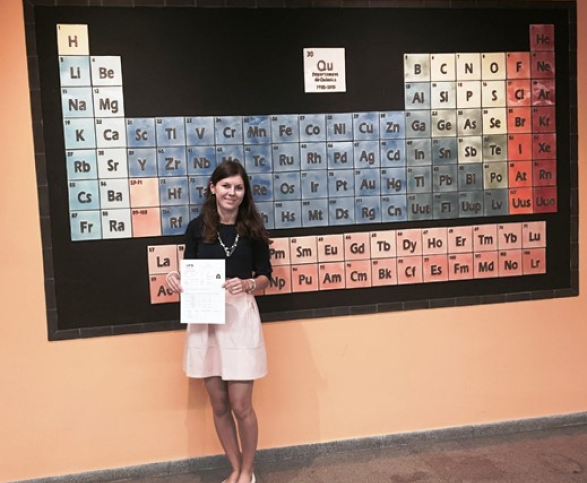Here are the answers from Matej Murcko, son of Valéria Murcková (Slovakia). Matej is a graduate of City University of London – Cass Business School, where he studied Corporate Finance.
Why did you decide to study abroad?
During my undergraduate studies in The Hague, I matured in my decision to continue my education abroad. The advanced curriculum allowed me to develop knowledge and thinking on various levels, and the tools available at the university enabled me to apply them practically. International experience, exposure to cultural diversity, and alternative ways of thinking were transformative—it gave me the confidence necessary to take on any challenges or projects.
What were the biggest challenges you faced?
I initially faced delays with my accommodation plans. Housing in London is highly sought after, which forced me to live far from the university, which was inconvenient. However, the entire study process went smoothly. The university provided excellent support for new students, so I advise everyone to spend the first two weeks acclimatizing to the city and campus. Additionally, it’s essential to be financially prepared. Undergraduate or master’s studies in Western countries, such as the UK, come with high living costs, so having financial security for unforeseen circumstances is crucial. This is why the support offered by the Maspex Foundation is so valuable.
What were the biggest advantages of studying abroad?
For me, the most important aspects were immersion in a foreign culture, expanding my perspectives, and improving my language skills. All of this contributed to my independence, requiring self-reliance and the ability to handle new situations. Additionally, exposure to academic diversity, student networks, and the experience of being an expat in multicultural London was invaluable.
What was the application and admission process like for a foreign university?
The process began with an online application where you select the study program and enter basic information. Typically, a motivation letter and CV are required. It’s definitely worth seeking support in this area—a well-prepared motivation letter and CV can be crucial for the admission decision. Knowledge of the language is a required element, for which I took the IELTS (the test is available in most major European cities). The university specifies the level that must be achieved, usually B2, but often C1. My application experience also included an online interview with a program representative, which turned out to be a pleasant experience, so there’s no need to worry.
What were the differences between the education system abroad and in Slovakia?
This question is a bit harder for me as I don’t have experience with studying in Slovakia. From what I know, teaching methods at some universities can seem outdated. The grading system is significantly different; Slovakia still predominantly uses subjective oral exams, unlike the objective, standardized tests used in the Netherlands or the UK (except for project presentations).
How did your career path go? What do you do today?
After my studies, I returned to Slovakia and experimented with various positions, from financial control and reporting to financial analysis in the real estate sector. These were invaluable years during which I had the opportunity to take on challenges that tested my knowledge and skills and showed how theories are applied in reality. Currently, I am the co-founder and CFO of my startup, VINEWAY, which we created to simplify the way people discover, taste, and enjoy wine through the concept of tasting by the glass. My studies were crucial, especially during negotiations for funding with venture capital investors and convincing them to invest.
Do you have any advice for someone who also wants to study abroad?
To anyone who hesitates before making a decision, I advise you to dare and trust your abilities. It’s worth talking to graduates of the program you’re interested in; you can find them through LinkedIn or alumni pages—this was invaluable knowledge for me. Getting to know the details of the programs, faculty, and opportunities after graduation was very helpful. In the case of London, I particularly recommend planning accommodation issues early—it can be challenging.


